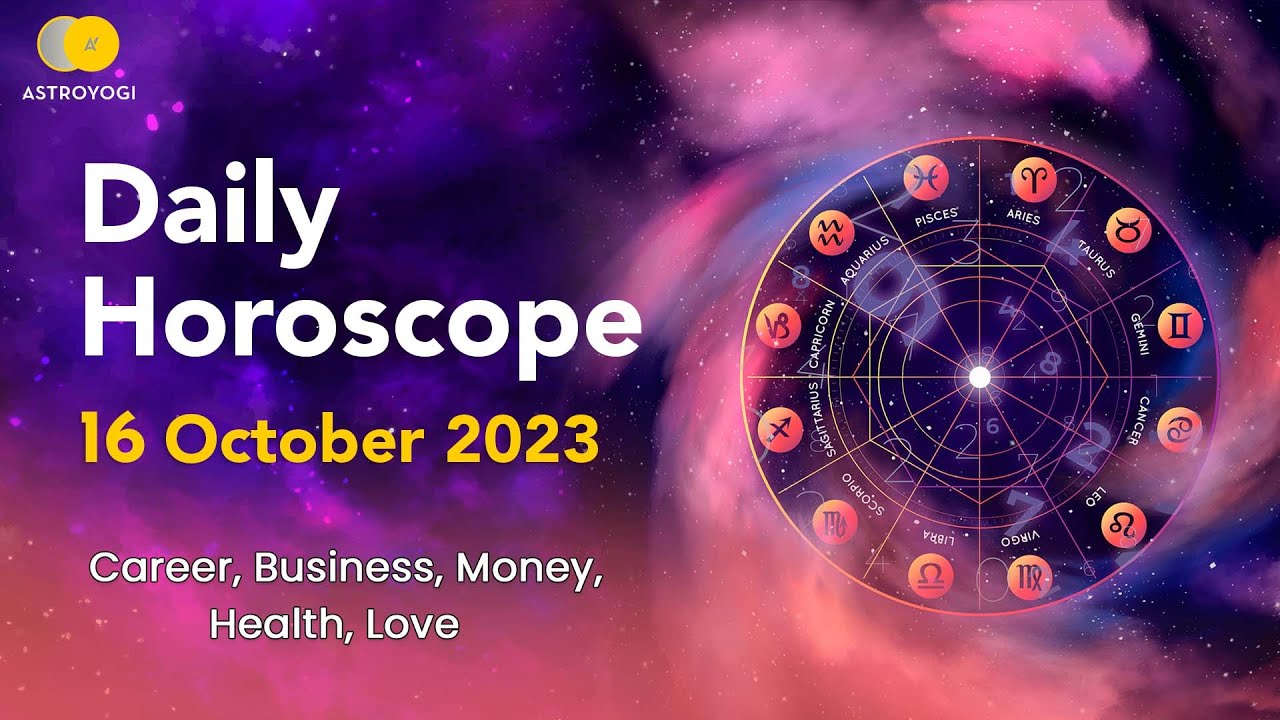From ancient civilizations to the modern era, love and relationship astrology reading has captivated minds and hearts, offering a lens through which individuals seek to comprehend the cosmos and their lives within it. Defined as the study of celestial bodies’ positions and their alleged influence on human affairs and natural phenomena, astrology remains a subject of fascination, contemplation, and debate.
Historical Roots and Evolution
The origins of astrology can be traced back to ancient civilizations like the Mesopotamians, Egyptians, and Greeks, who gazed at the heavens, mapping patterns, and attributing meaning to planetary movements. Early astrologers observed celestial events and correlated them with societal occurrences, laying the foundation for astrological principles that persist today.
Throughout history, astrology evolved alongside scientific advancements. Its prominence fluctuated, experiencing peaks and declines in different eras. However, astrology has maintained a continuous presence, entwined with cultural beliefs and practices across various civilizations.
The Principles of Astrology
Astrology operates on the belief that the positions and movements of celestial bodies—the sun, moon, planets, and stars—hold significance and influence earthly events and human behavior. This belief forms the basis of astrological systems, where individual birth charts, derived from the precise date, time, and location of birth, serve as the map outlining one’s unique cosmic influences.
Astrological systems typically encompass twelve zodiac signs, each associated with specific traits and characteristics. These signs are further categorized into elements (fire, earth, air, water) and modalities (cardinal, fixed, mutable), adding depth and complexity to astrological interpretations.


